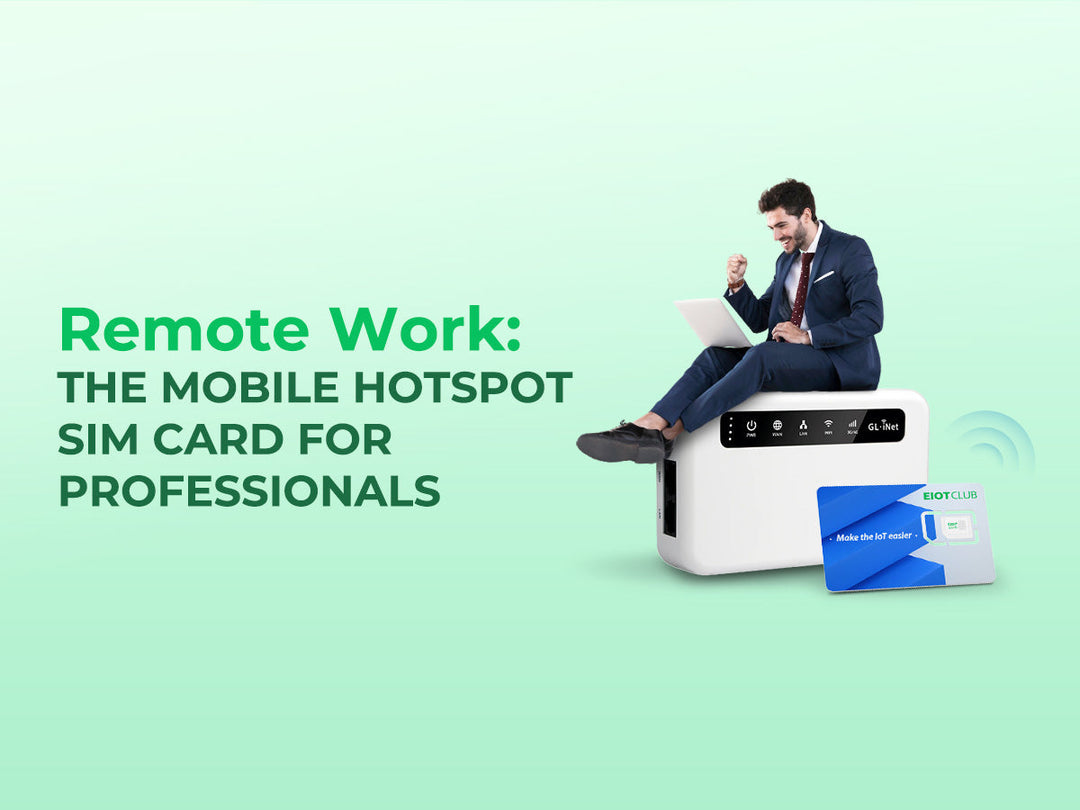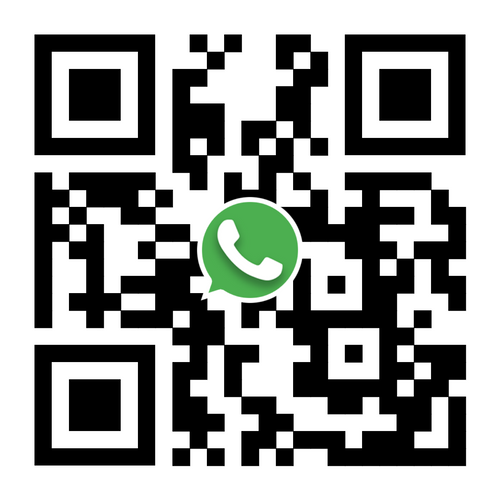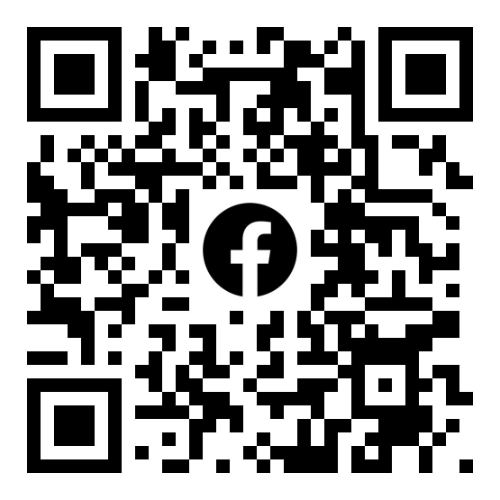Digital Nomads in 2025: Everything You Need to Know
A suitcase full of tech, a head full of ideas, and a passport that rarely cools down. No office chair, no morning commute, no fixed address. Just Wi-Fi and work, wherever the road leads. Welcome to the digital nomad life—equal parts freedom and focus, uncertainty and excitement.
What Are Digital Nomads?
Not tourists. Not backpackers. Digital nomads are location-independent professionals who use the internet to work remotely while traveling full-time or part-time. Some rent apartments in Bali for a month, others hop between cities every week. Some freelance for clients, others build businesses. The key: their jobs travel with them.
This lifestyle is not tied to any one profession. The only constant is mobility and the ability to earn online.
Benefits of Being a Digital Nomad
Trading a 9-to-5 for the world might sound like a dream—and in some ways, it is. Here’s why many choose this path:
- Work from anywhere: cafés in Portugal, co-working spaces in Thailand, or cabins in the mountains
- Flexible schedules: early birds or night owls both thrive
- Lower living costs in certain countries
- Exposure to new cultures and perspectives
- Opportunities to build a global network
- Escape from corporate office culture
- Personal growth through independence and challenge
Challenges of Being a Digital Nomad
Behind the laptop-on-the-beach photo are real struggles:
- Unstable internet in remote locations
- Loneliness or isolation away from home
- Lack of routine, leading to productivity dips
- Visa restrictions and time limits
- Difficulties with time zone coordination
- Finding suitable long-term accommodation
- Dealing with taxes and legal paperwork across borders
Digital nomads often learn to troubleshoot on the go—tech, travel, and mental balance included.
Job Types of Digital Nomads in 2025
Remote work doesn’t mean limited work. Below is a table of popular roles across different skills and industries:
- Social Media Manager
- Front-End Developer
- Data Analyst
- Copywriter/Content Writer
- Graphic Designer
- Content Creator
- Photographer
- Project Manager
- Virtual Assistant
- Business Strategy Consultant
- Translator
- Online Teacher
- Podcast Host
- UX Designer
How to Become a Digital Nomad
Here’s how to start:
- Choose a remote-friendly job. Like writing, coding, designing, teaching, or managing
- Try remote work from home first
- Build skills through online courses (like Coursera, Skillshare, or Udemy)
- Create a strong portfolio or resume focused on remote work
- Join remote work platforms (like Upwork, Toptal, FlexJobs)
- Build savings. Aim for at least 3–6 months of living expenses
- Research visa options
- Choose your first destination
- Set up global banking and international health insurance
- Tell your friends and family
Transitioning doesn’t require overnight change. Many start part-time or take sabbaticals to test the waters.
Digital Tools for Digital Nomads
Digital nomads rely on a variety of tools to stay connected, organized, and productive while working remotely:
| Recommended Tools | Function |
| EIOTCLUB eSIM | Prepaid eSIM with coverage in 200+ countries; supports fast data, regional stability, and global use—no SIM swaps needed |
| Google Drive, Dropbox, Notion | Sync work across multiple devices and access files anywhere |
| Slack, Zoom, Telegram | Stay in touch with clients, teams, and online communities |
| Trello, Asana, ClickUp | Track tasks, plan workflows, and organize projects visually |
| NordVPN, ExpressVPN | Protect your data on public Wi-Fi and access restricted content securely |
| Wise, Revolut, Payoneer | Receive payments, transfer funds, and spend globally with low fees |
| Croissant (app), Coworker (website) | Locate coworking spaces in major cities around the world |
| World Time Buddy, Every Time Zone | Manage meetings and collaborations across time zones |
| Duolingo, DeepL | Learn key phrases and translate during rentals, shopping, or emergencies |
| Skyscanner, Nomad List, Hostelworld, Airbnb | Compare flights, explore destinations, and find short or long-term accommodation |
Final Words
The old map is fading. People aren’t just working remotely; they’re rewriting where and how life happens. Cubicles are giving way to hammocks, rush hours to quiet mornings, and routines to autonomy.
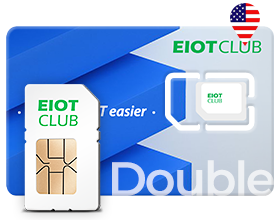
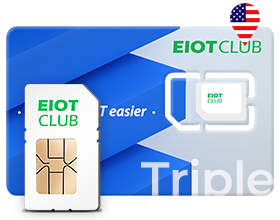
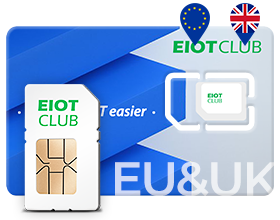

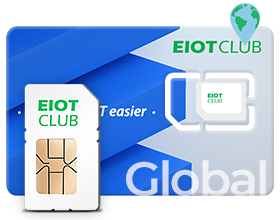
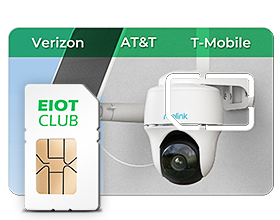


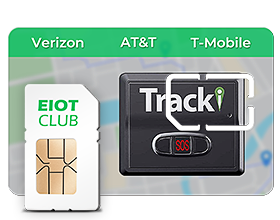


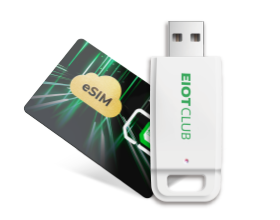






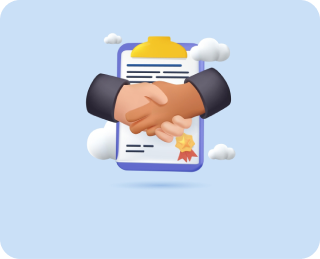
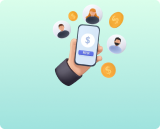

 例えば
例えば
 リフィル
リフィル
